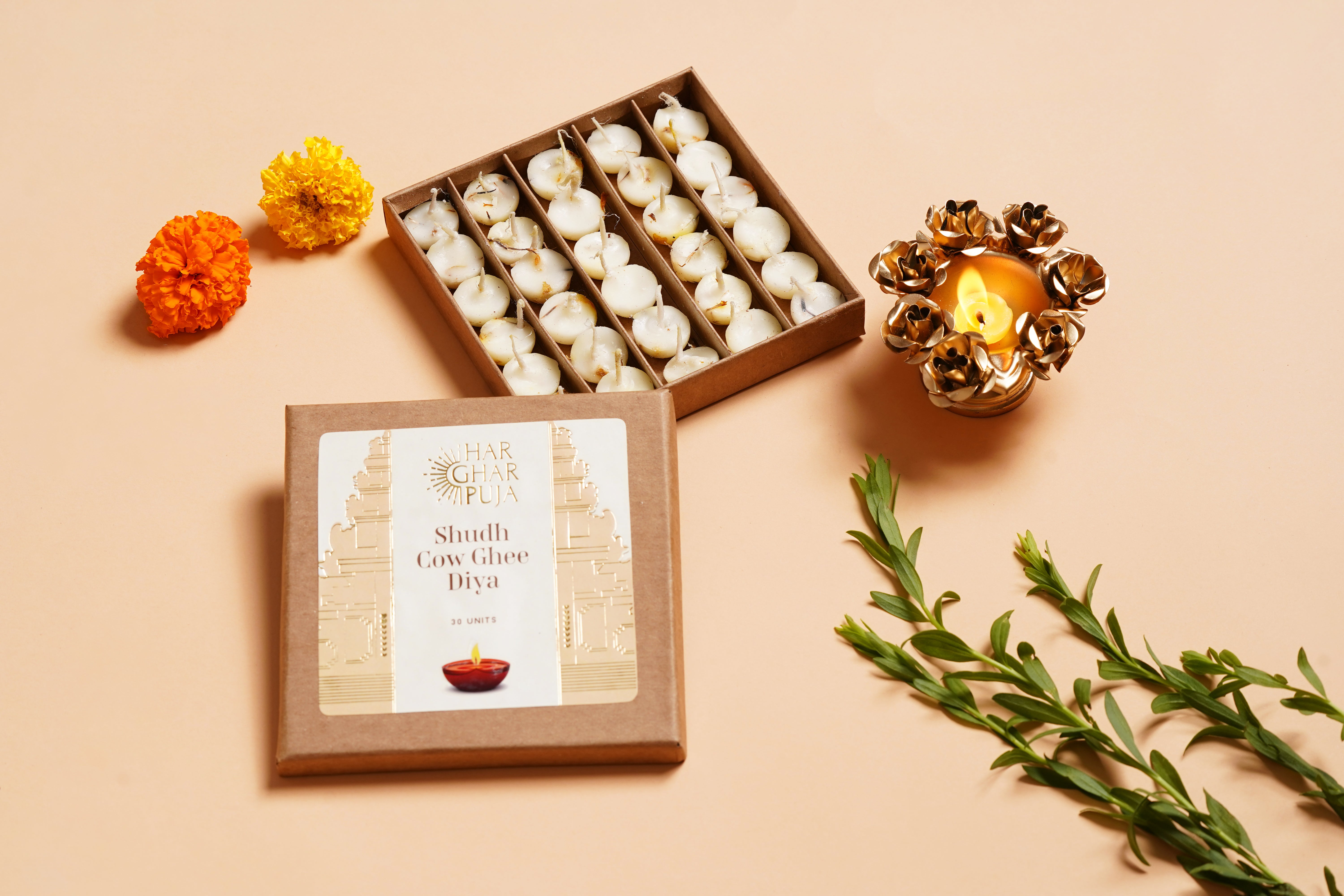Hindu culture, a mosaic of worship, emotions, and scientific reasoning, intertwines spirituality with everyday practices. Among its cherished traditions lies Naivedyam, the act of offering food to the divine before partaking in it.
Shree Krishna stated in the 13th Verse of Bhagavad Gita, Chapter 3:
यज्ञशिष्टाशिन: सन्तो मुच्यन्ते सर्वकिल्बिषै: | भुञ्जते ते त्वघं पापा ये पचन्त्यात्मकारणात् ||
yajña-śhiṣhṭāśhinaḥ santo muchyante sarva-kilbiṣhaiḥ| bhuñjate te tvaghaṁ pāpā ye pachantyātma-kāraṇāt ||
The spiritually-minded, who eat food that is first offered in sacrifice, are released from all kinds of sin. Others, who cook food for their own enjoyment, verily eat only sin.
In Hindu households, there’s a cherished tradition of offering food to the gods before eating it ourselves. This special gesture, filled with respect and thankfulness, is a key part of family life. Even as life gets busier, many families keep this tradition alive in their own special ways.
I remember watching my mother offer freshly made sweets or snacks to our household deities when I was young. One of us siblings would carefully present this offering, called Naivedyam, in a silver bowl with a Tulsi leaf. Placed before our home temple’s radiant idols, this act was our way of showing respect for their divine qualities. Soon, the offering would become Prasad, blessed by the gods, and we’d all share it together.
There are many types of Prasad offered to the gods. Lord Ganesha loves Modak or Laddus, while Goddess Lakshmi is often offered Kheer, a sweet milk and rice dish. Lord Krishna prefers milk products like Butter Shrikhand, always accompanied by Tulsi leaves. In some South Indian states, prasad may include sweet rice, tamarind rice, or rice mixed with moong daal and pepper powder.
Offering food to the gods goes beyond just religion; it brings families together and fills us with gratitude. According to our beliefs, when we offer food to the gods, it becomes sacred because of their divine touch.
In my own life, I’ve found that this simple act creates a special connection with the divine. Whether we’re enjoying our favorite Prasad or accepting something less favored with grace, we see the gods as friends and teachers. This tradition teaches us to share fairly, eat happily, and be grateful for the food we have.
Similar customs exist in other religions too. Christians have the Eucharist, where bread and wine are blessed before being eaten. In Sikhism, Karah Prasad—a sacred pudding made while reciting scriptures is shared in gurdwaras.
This tradition of offering Prasad changes how we see food. It reminds us that food is a gift from the divine, meant to be enjoyed and shared. Eating with gratitude doesn’t just nourish our bodies; it feeds our souls and brings us closer to the divine.
In summary, Naivedyam isn’t just a ritual; it’s a way of life that embodies Hindu values of devotion, gratitude, and togetherness. As we share in this sacred offering, we honor the divine presence in every bite, bringing our hearts together in reverence.







